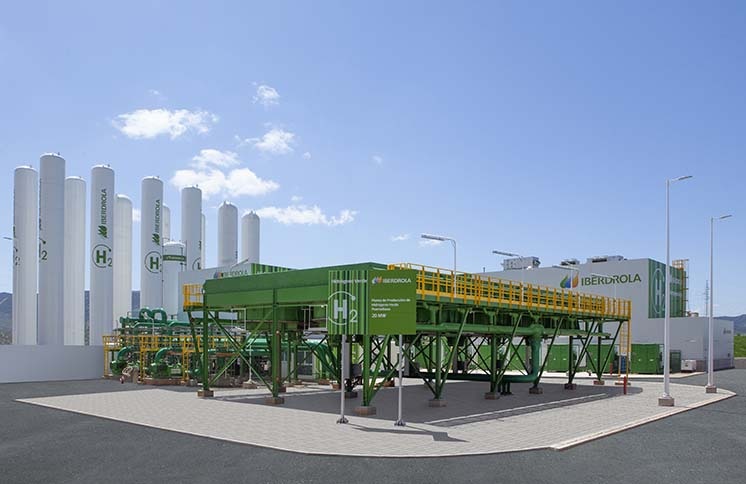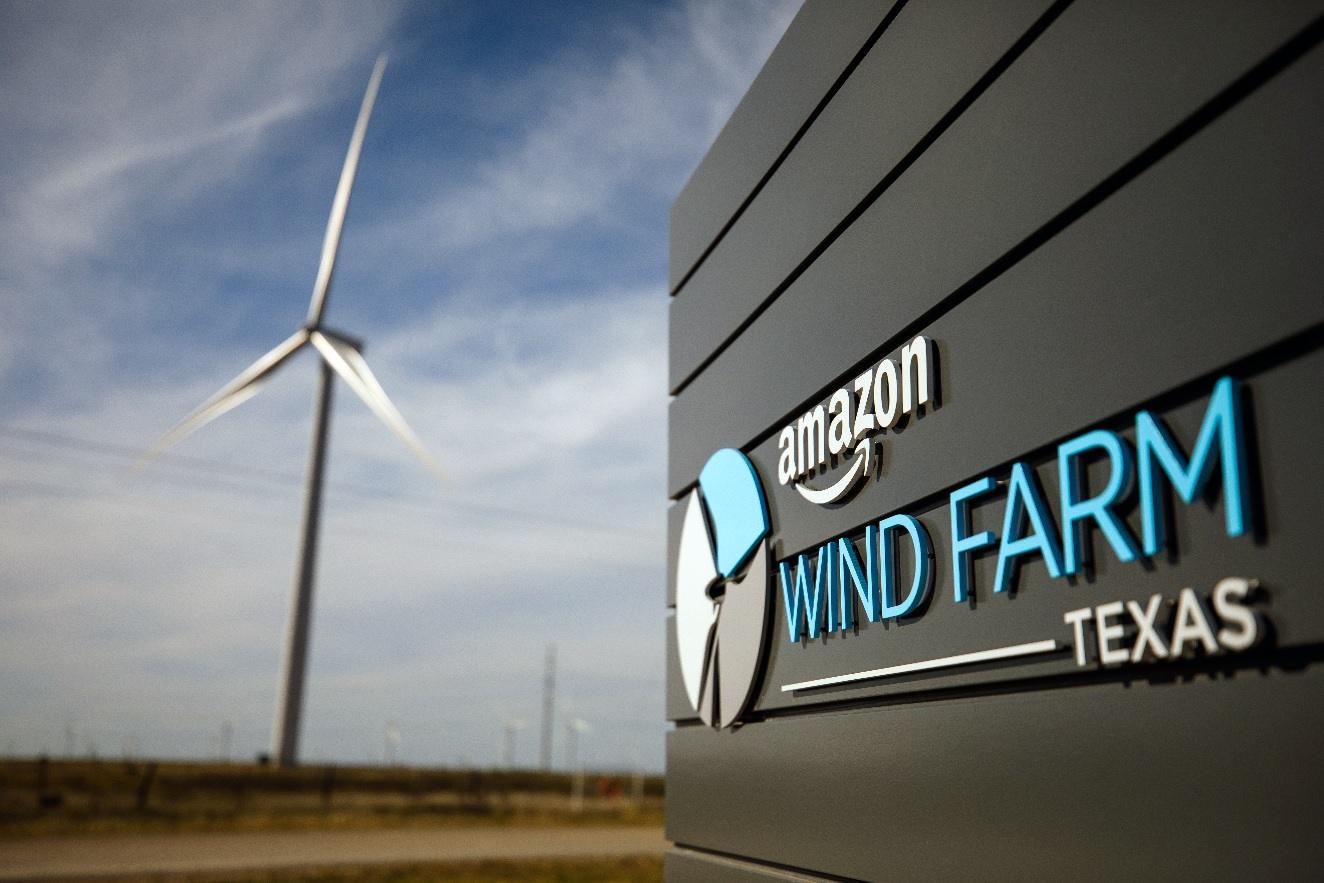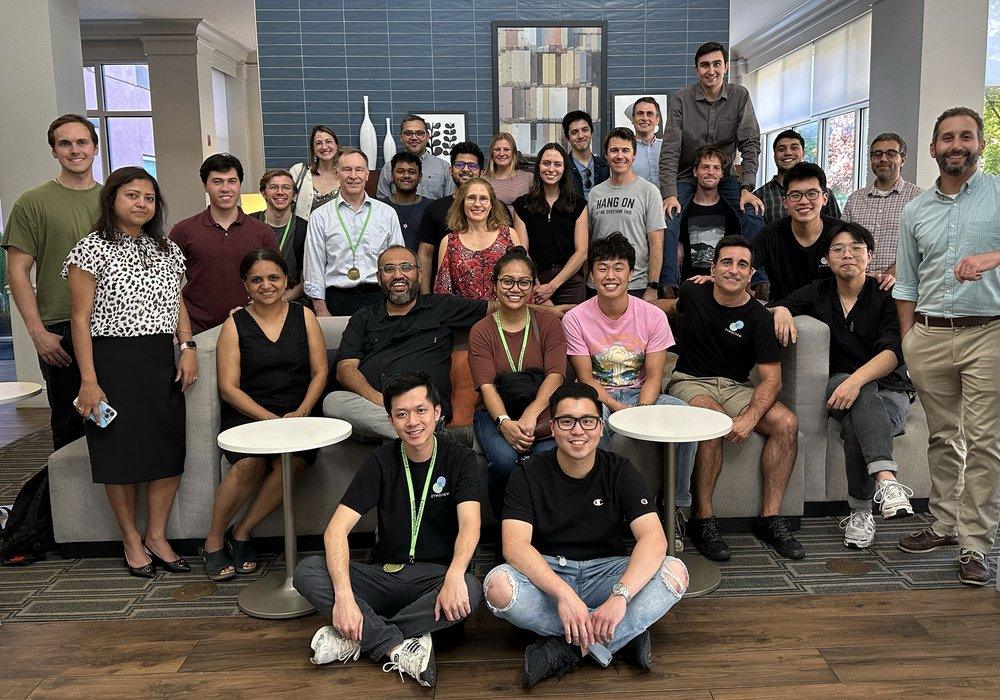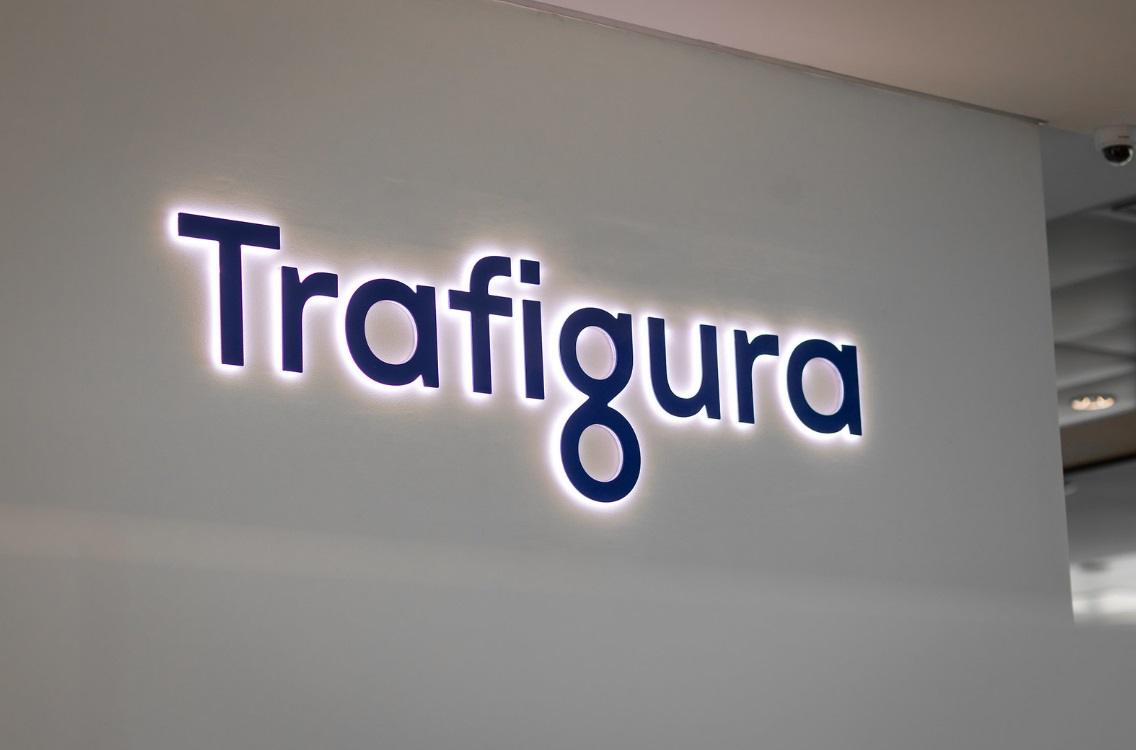Iberdrola to Build $1.1 Billion Green Hydrogen Plant in Australia
Global energy and electricity provider Iberdrola announced plans to invest over €1.1 billion to build a green hydrogen and green methanol production plant in Australia, in partnership with hydrogen developer ABEL Energy.
The new project, at Bell Bay in northern Tasmania, follows a recent commitment by Iberdrola to invest between €2 and €3 billion in Australia, aimed at accelerating the switch to renewable energy, and to boost its capacity in the country to 4GW.
Australia’s government, which will also support the development of the project recently passed legislation that for the first time set the country’s emissions reduction targets into law, including GHG reductions of 43% by 2030, compared to 2005 levels, and the achievement of net zero by 2050.
Michael van Baarle, co-founder and CEO of ABEL Energy, said:
“Together with Iberdrola, we look forward to driving green hydrogen to commercial scale in Australia and establishing a new climate technology industry that will benefit the Tamar Valley community and its future generations.”
The Bell Bay Powerfuels plant will produce 200,000 tonnes of green methanol per year in its first phase of development and 300,000 tonnes in the second phase, making the plant one of the largest in the world.
Along with other applications, the green methanol produced at the plant will primarily go to supplying the shipping market with green marine fuels, which Iberdrola said provides major benefits including the elimination of air pollution in ports, the avoidance of environmental disasters due to oil spills in marine environments, and the reduction of overall greenhouse gas emissions currently generated by the use of fossil fuels.
Ross Rolfe, CEO and Managing Director of Iberdrola Australia, said:
“Iberdrola Australia’s investment in the Bell Bay Powerfuels Project demonstrates our commitment to helping Australian businesses reduce their carbon emissions in sectors where historically, both technically and economically, it has been more difficult to make this transition.”





